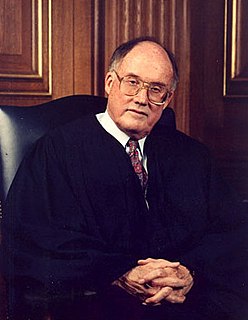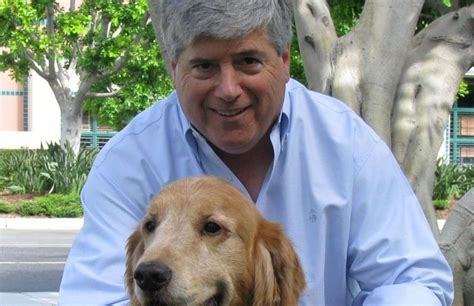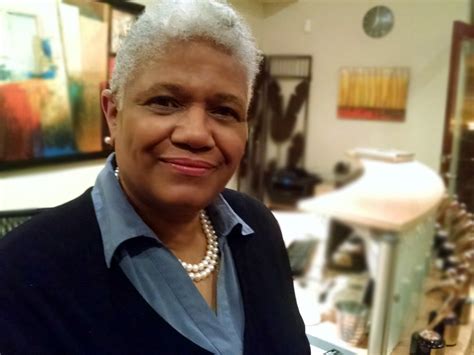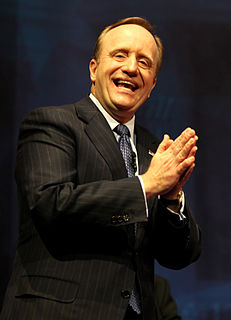A Quote by Vincent Bugliosi
I lost court cases and misdemeanor juries, but of felony jury trials I was successful 105 of 106 times.
Quote Topics
Related Quotes
On a certain level, we don't try enough cases. We should try more cases before juries and let jurors decide. On grand juries, my position is the grand jury should be eliminated, but there are creative ways a lawyer can use a grand jury if they have a client with a sympathetic cause who has been wronged by the police.
What many of those who oppose the use of juries in civil trials seem to ignore is that the founders of our Nation considered the right of trial by jury in civil cases an important bulwark against tyranny and corruption, a safeguard too precious to be left to the whim of the sovereign, or, it might be added, to that of the judiciary.
I'm no idealist to believe firmly in the integrity of our courts and in the jury system -- that is no ideal to me, it is a living, working reality. Gentlemen, a court is no better than each man of you sitting before me on this jury. A court is only as sound as its jury, and a jury is only as sound as the men who make it up.
Let's put it in perspective at the United States Supreme Court, which hears maybe 60 cases a year, most of the cases are resolved without much dispute. The 10 or 15 that are controversial we all know about, and we hear about. The federal courts hear just a tiny sliver of the cases that go to court in this country. Most of the cases are in the state courts. And most legal issues never go to court. So, the legal system is actually not in jeopardy. At the same time, access to law is in jeopardy.
In our system, grand juries take every charge, every lie, and they try to sort the truth from the lies, and then they move forward into the system. And that's how the system ought to work. We should respect the secrecy of the grand jury so they can sort through what's true and what's not. And someone is leaking, and if they are leaking from the grand jury investigation, then that's a violation of the law.


































